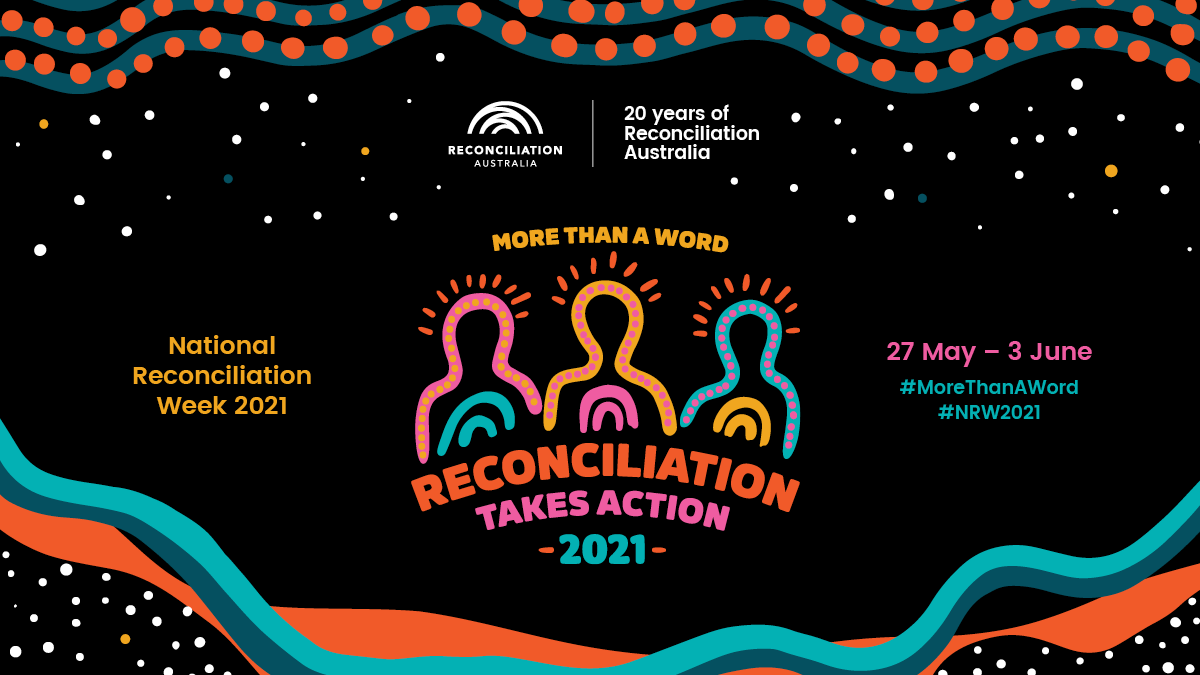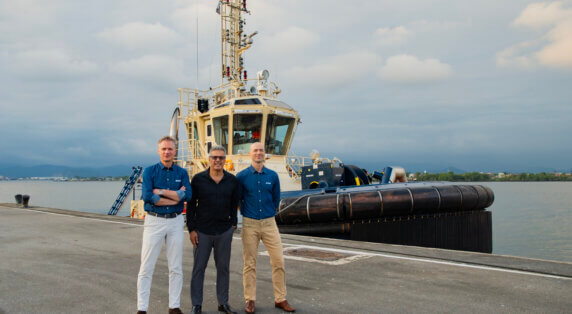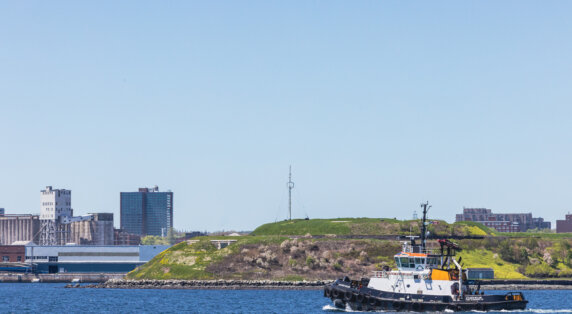
National Reconciliation Week
Today marks the start of National Reconciliation Week and it’s a time for all Australians to learn more about our shared histories, cultures, and achievements, and to explore how each of us can contribute to achieving reconciliation in this country.
This year, 2021, marks twenty years of Reconciliation Australia, almost three decades of Australia’s formal reconciliation process with the theme More than a word. Reconciliation takes action.
This theme of More than a word. Reconciliation Takes Action urges the reconciliation movement towards braver and more impactful action, and at Svitzer Australia we seek to take more impactful action by launching some new initiatives in support of reconciliation, including:
- Engaging external support from an Aboriginal and Torres Strait Islander organisation to assist in the development of an Indigenous Engagement Strategy. The strategy will outline the steps we can take to engage meaningfully with Traditional Custodians through training, employment and procurement to build strong relationships and respect between non-indigenous people and Aboriginal and Torres Strait Islander people.
- Adding an Acknowledgement of Country to the Svitzer Australia Website – a simple but important initiative; and
- Introducing Cultural Leave for Aboriginal and Torres Strait Islander employees to enable the attendance of ceremonies.
Reconciliation is a journey for all Australians – as individuals, families, communities, organisations and importantly as a nation. At the heart of this journey are relationships between the broader Australian community and Aboriginal and Torres Strait Islander peoples.
We all have a role to play when it comes to reconciliation, and in playing our part we collectively build relationships and communities that value Aboriginal and Torres Strait Islander peoples, histories, cultures, and futures.
Svitzer acknowledges the Traditional Custodians of Country throughout Australia and their connections to land, sea and community. We pay our respect to their elders past and present and extend that respect to all Aboriginal and Torres Strait Islander peoples today.



















